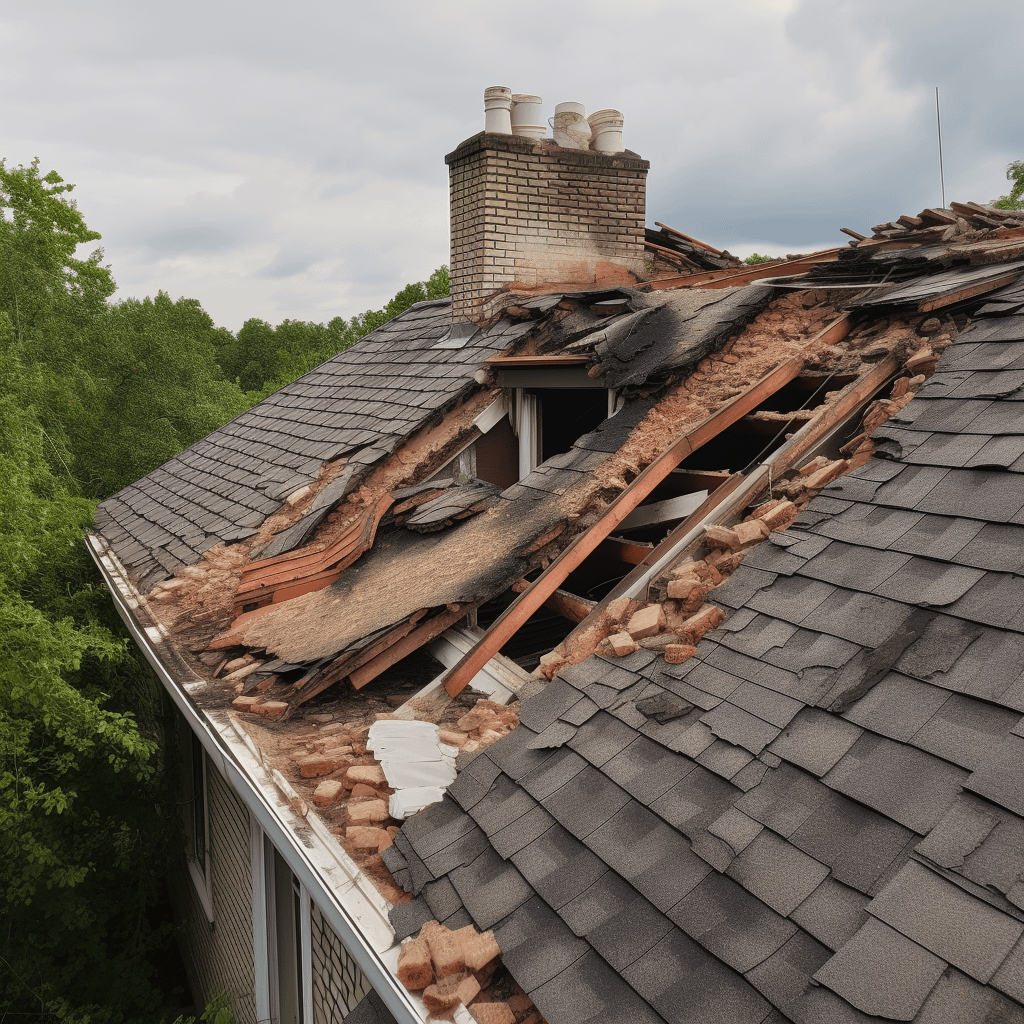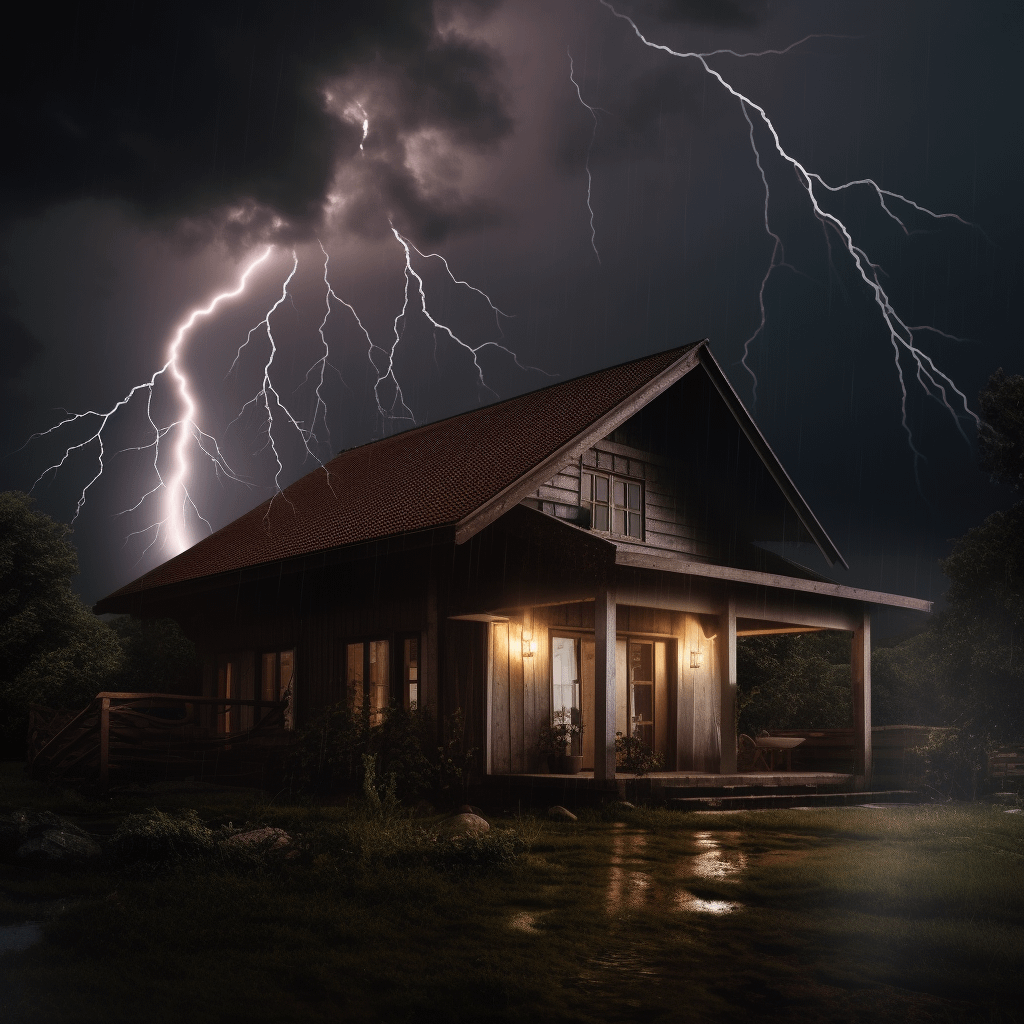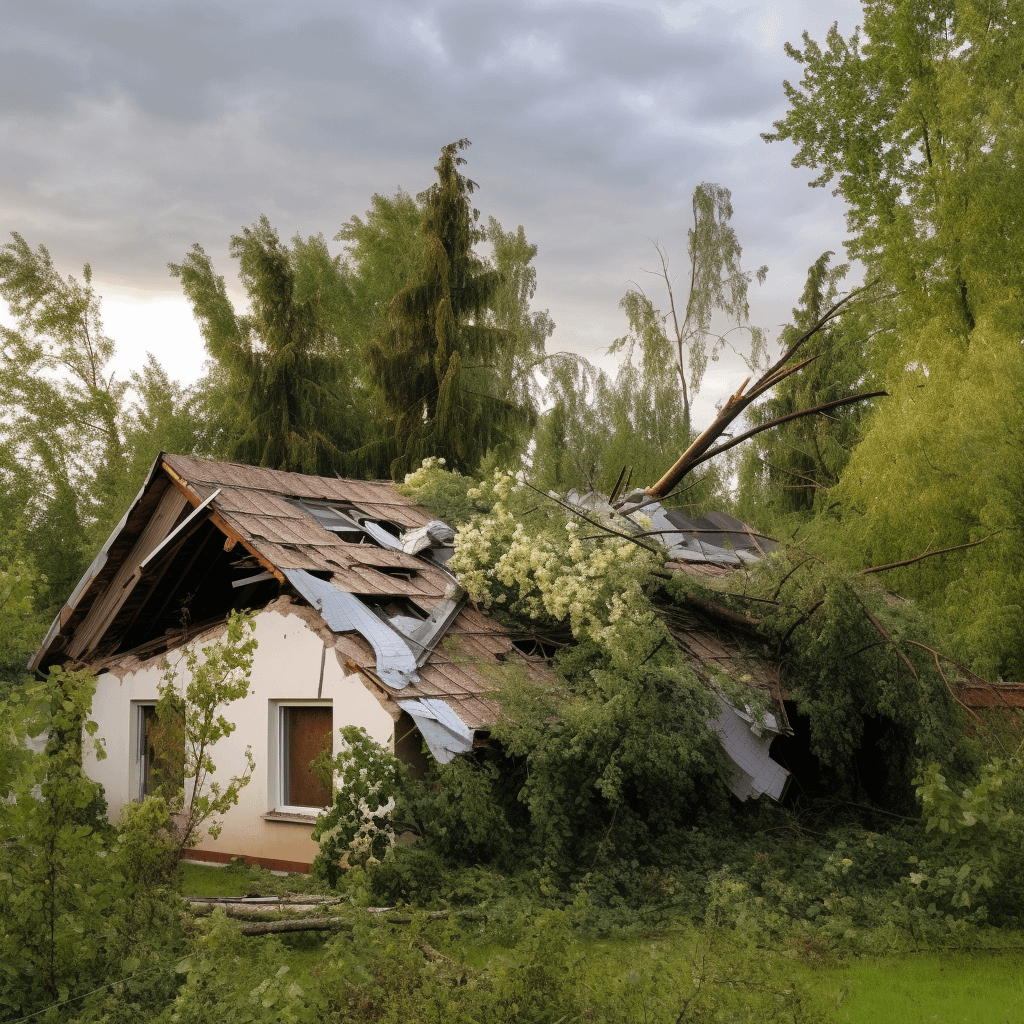Fire Damage Claims
Homeowner's insurance may cover fire damage to a neighbor's property in some cases. Generally, if the fire started on your property and caused damage to your neighbor’s property, then your homeowner's insurance will usually cover the damage under your personal liability coverage. However, the coverage is usually limited to the amount of insurance you have purchased and may not cover all of the costs associated with the damage. It is important to check with your insurance provider to make sure that you are adequately covered before a fire occurs.
A fire damage insurance claim lawyer can help you navigate the claims process and maximize your recovery after a fire. They can help you understand the intricacies of your policy, advise you on how to document losses, negotiate settlements, and represent you in court if necessary. A good fire damage insurance claim lawyer will also help you identify any potential legal issues that may arise from the fire and help protect your rights.
Health Insurance
Health insurance claims are denied on a regular basis. According to a recent study, nearly 20 percent of all health insurance claims sent to non-Group qualified health plans offered on HealthCare.gov are rejected in the United States. The main reasons for denials are lack of information or incorrect information on the claim forms, insufficient coverage, preexisting conditions, and exceeding the policy limits. In some cases, the insurer might deny the claim if they think the medical care was not medically necessary.
You can fight a denied health insurance claim by sending a letter of appeal directly to the insurance company outlining your position and requesting an internal review. In some cases, they may be willing to reverse their decision. If they are not, you may need to take additional steps, such as requesting an external review with your state at no cost to you. In Wisconsin, for example, the Office of the Commissioner of Insurance reviews health insurance denials and disputes. Seeking legal assistance from a bad faith insurance lawyer can also help speed up the process and ensure you receive the maximum amount of compensation possible for your claim.
Health insurers may deny a claim due to errors in medical records or if they believe the treatment is not covered by a policy. A treatment may be uncovered because it was out-of-network, lacked pre-authorization, is deemed to be “cosmetic” or “experimental” in nature, or a similar reason. If your claim is denied and you believe your health insurance company is in the wrong, you may be able to dispute the decision with help from a lawyer.
Life Insurance
Yes, life insurance claims can be denied if alcohol use contributed to the insured's death in some cases. Insurance companies must determine that the death was not a result of excessive alcohol consumption. If there is evidence that the death was caused by intoxication, the claim may be denied. The insurer will take into account any medical records, autopsy reports, and other factors in making this determination. If the insurer finds evidence that alcohol contributed to the cause of death, the claim may be denied. The insurance company may also require a toxicology report to determine if alcohol was involved in the death.
Unfortunately, the answer is yes. Most life insurance companies have clauses in their policies that stipulate that claims will be denied if the insured person has died of an overdose or as a result of drug use. The life insurance company may also require a drug test to prove the cause of death. Depending on the policy, a death caused by drug use may even result in the life insurance company refusing to pay out the policy altogether.
You can fight a denied life insurance claim by first reviewing the policy and making sure all requirements were met, such as providing the necessary paperwork. If you believe the denial is unjustified, contact the insurance company and explain why. You may need to submit additional documentation—such as payment records, medical records, and an autopsy report—contact your state’s insurance commissioner for help, or even take legal action. Regardless of the path you choose, it’s important to thoroughly document any actions you take in the event of a dispute.
Property Insurance
Homeowner's insurance may cover fire damage to a neighbor's property in some cases. Generally, if the fire started on your property and caused damage to your neighbor’s property, then your homeowner's insurance will usually cover the damage under your personal liability coverage. However, the coverage is usually limited to the amount of insurance you have purchased and may not cover all of the costs associated with the damage. It is important to check with your insurance provider to make sure that you are adequately covered before a fire occurs.
A fire damage insurance claim lawyer can help you navigate the claims process and maximize your recovery after a fire. They can help you understand the intricacies of your policy, advise you on how to document losses, negotiate settlements, and represent you in court if necessary. A good fire damage insurance claim lawyer will also help you identify any potential legal issues that may arise from the fire and help protect your rights.
Wind damage to a fence is usually covered by homeowners insurance, depending on the cause of the damage. Generally, if a storm causes the damage, it is likely that your insurance will cover the repair costs. However, if the damage was caused by neglect or wear and tear, your insurance policy may not cover it. Before filing a claim, review your policy to make sure you are familiar with what is and is not covered.
Water Damage Claims
Water damage occurs when water enters an area that it is not meant to be in, leading to structural damage and potential health risks. It can come from a variety of sources, such as storms, floods, leaking pipes, and overflowing toilets. Common signs of water damage include discoloration on walls, floors, and ceilings; peeling paint; buckling wood; and a musty smell. If left untreated, water damage can lead to mold growth, warped wood, and other hazardous conditions. It is important to address water damage promptly to prevent further destruction.
Yes, renter's insurance typically covers water damage to your personal belongings caused by plumbing problems or appliance malfunctions. This coverage can be especially important if you live in an older building where plumbing and appliances may be more likely to break down. Be sure to check your specific policy for exact details on what is covered and how much you're covered for.
Wind Damage Claims
Wind damage to a fence is usually covered by homeowners insurance, depending on the cause of the damage. Generally, if a storm causes the damage, it is likely that your insurance will cover the repair costs. However, if the damage was caused by neglect or wear and tear, your insurance policy may not cover it. Before filing a claim, review your policy to make sure you are familiar with what is and is not covered.
Generally, wind-driven rain damage is not covered by most insurance policies. Wind-driven rain can cause extensive damage to homes, but it usually occurs due to an existing fault or defect in the home's structure that allows the water to enter. For example, if you have missing or damaged shingles, gaps in siding, or a broken window, the water can easily enter and cause extensive damage. Most insurers will not cover any wind-driven rain damage caused by existing defects or faults.





